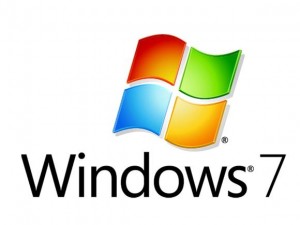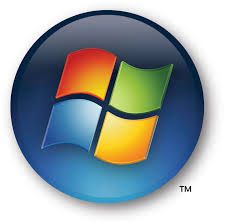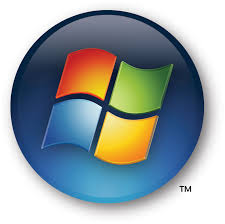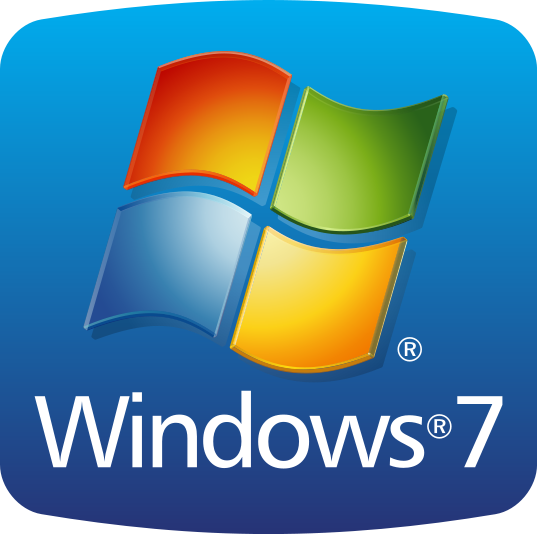
It has been reported recently that Microsoft will be ending its retail sales of Windows 7. The customers who want to install Windows 7 on their present computers after this deadline may be out of luck. From 30th October, 2014, you will not be able to buy pre-loaded Windows 7 PCs. This is to keep with their stated policy where they stop selling an Operating System directly after one year of its release. And around two years after release, they also stop supplying licenses to Original Equipment Manufacturers (OEMs).
This announcement means that Windows 7 copies will no longer be shipped to retailers and Original Equipment Manufacturers (OEMs) and they won’t be pre-installed in new computers. If you are a business that was looking to mass-install Windows 7 on office computers, then you may be out of luck. OEM partners like Dell and Toshiba won’t be pre-installing Windows 7 in new computers as well and if a business wants to buy in bulk, they will have to buy the present stock in the market.

For vast majority of people, this may not mean much as vendors will continue to sell Windows 7 licenses long after Microsoft stops supplying. Microsoft may not sell them directly anymore, but they are easily available online and offline. You can grab a copy of Windows 7 from Amazon virtual shelves or Newegg. And you can also buy them from offline big box stores. Often these operating system DVDs continue to be sold decades after they are released. Ordinary customers should face no problem if they intend to buy a Windows 7 license in the foreseeable future.
For large enterprises that have volume licensing arrangements with Microsoft, there is no hurdle as they will continue to enjoy downgrade rights as a part of these agreements. So in many ways, Windows 7 will continue to be a force to be reckoned with for a long time to come. Often, Microsoft also extends retail sales deadlines of operating systems to allow everyone to grab a copy.
One of the best ways to stay ahead of the Windows lifecycle is to install Windows 8.1 right now or to update your computers to Windows 7 if you haven’t done so already. Most PCs today come bundled with Windows 8, which should keep you worry free of upgrade cycles in the near future. You can also circumvent this problem as the Windows 8 Pro editions include downgrade rights that allow people to pre-install Windows 7 if they want. Using this method, you can get a direct Windows 7 license from Microsoft for a long time to come.







